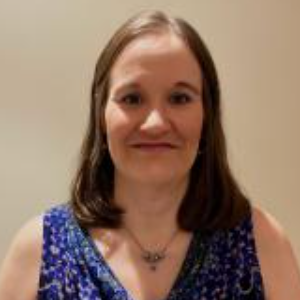Title : Suicide prevention strategies for the law enforcement profession
Abstract:
Suicide may be the most dangerous threat to a law enforcement officer's well-being, safety, and life in today's world. The exact number of law enforcement deaths by suicide remains unknown due to inconsistent data regarding law enforcement officer deaths by suicide even after multiple organizations have been working diligently to collect this data, and the United States Congress has recently passed a bill to improve data collection procedures nationwide. In the United States, approximate estimates range from being at or significantly above the national average; one study reported the rate of suicide to be twice the rate of officers who die in the line of duty, another study reported three times the rate, and another reported it to be eight times that of the general population (Schweitzer Dixon, 2020). Law enforcement officers become exposed to the most challenging, traumatic, and horrific tragedies endured by and inflicted upon human beings that the majority of the general population is completely unaware of occurring in society. While they enter their profession physically and psychologically healthy, these atrocities can affect some officers more so than others, leading to stress-related disorders, substance use and abuse disorders, sleep deprivation, depression, post-traumatic stress disorder (PTSD), a shorter average life span, and for too many, suicide. Therefore, best prevention, intervention, and postvention practices require methods tailored toward the multitude of unique risk factors and needs of the law enforcement community in our evolving society, specifically the ages, race, gender, years on the job of specific officers, substance use, mental health challenges, and types of law enforcement profession, when tailoring suicide prevention programming. One study showed that corrections officer deaths in 21 states found that corrections officers had a 39% higher risk for suicide than the rest of the working-age population, with another study showing depression rates as high as 31% for corrections officers (Schweitzer Dixon, 2021). A review of the correlation between substance use and abuse and rates of suicidal behaviors will be reviewed, so the risk of suicide is further understood when substance use is present. These unique factors are highlighted in how programming is best tailored with additional recommendations for law enforcement and organizational leadership to ensure successful programming and support to ensure their officers remain healthier while on the job and into retirement.
What will audience learn from your presentation?
Participants will learn how the high rates of suicide among law enforcement officers, particularly in the United States, are affecting the occupation and creating an occupation at growing risk of suicide, self-harm, and behavioral health challenges, including depression, PTSD, and addiction disorders.
• Participants will learn the difference between male and female rates of depression, PTSD, and addiction disorders and how those rates correlate with rates of suicide and self-harm.
• Describe mental wellness and suicide prevention strategies that can be implemented within police departments.




